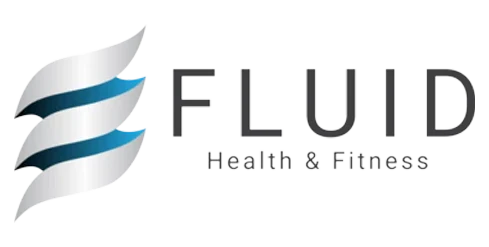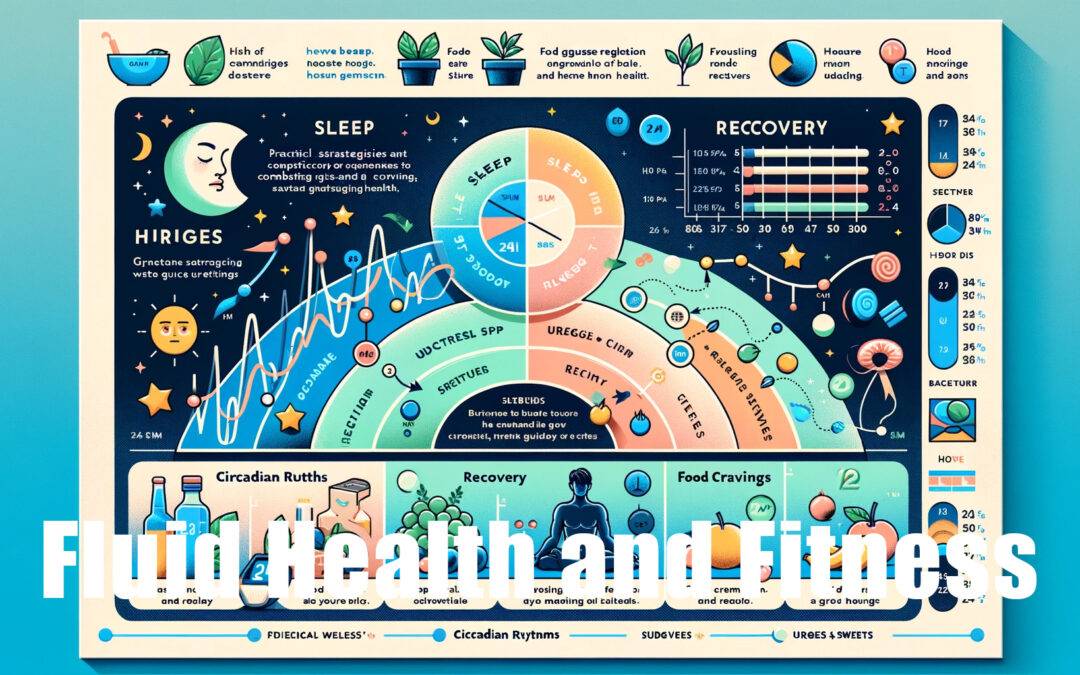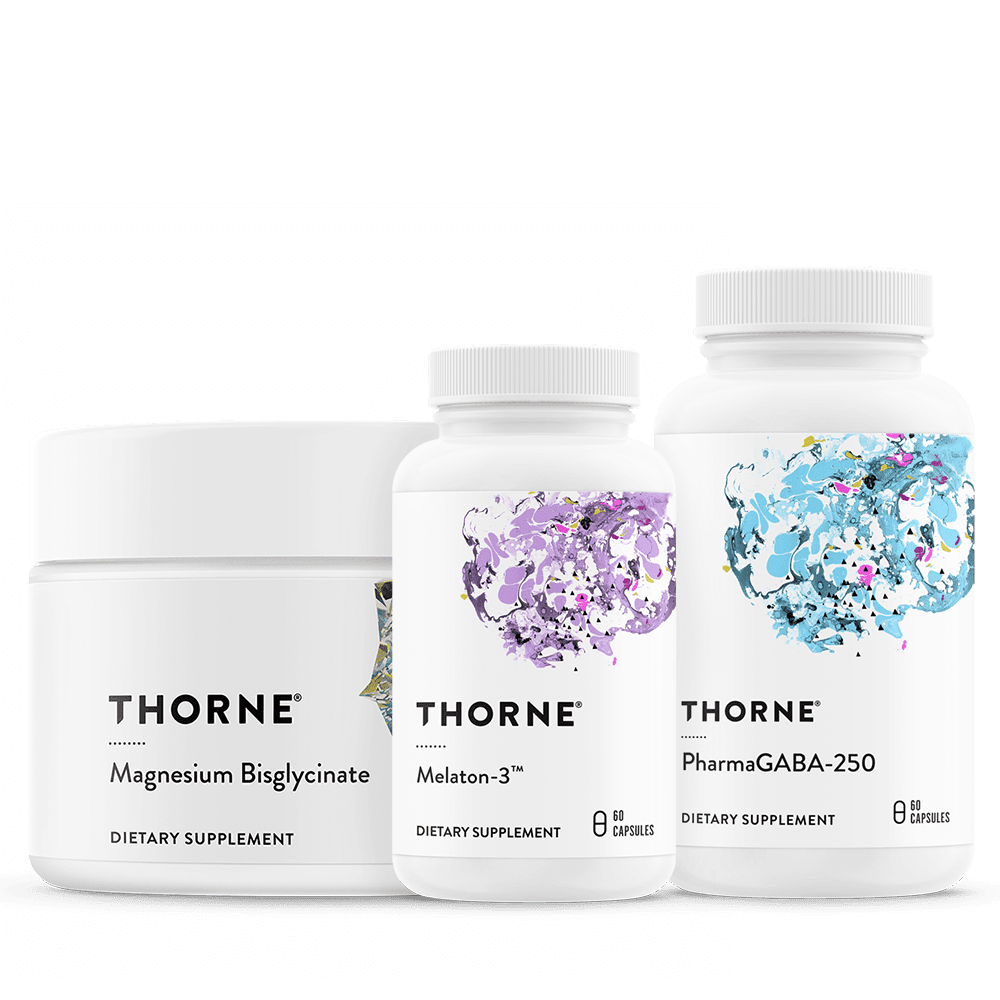
Understanding and managing urges and cravings is crucial in our ongoing journey toward optimal health and wellness. At Fluid Health and Fitness, aligning your nutritional practices with your health status is essential. This guide delves into the physiological aspects of sleep and recovery and their impacts on glucose regulation, cravings, and overall health. We’ll explore the complex neuroendocrine relationships that govern our sleep-wake cycles and offer practical advice on harnessing this knowledge to manage urges better and improve your health.
Sleep, Recovery, and Glucose Regulation: A Foundational Trio
Sleep and recovery are pivotal in regulating numerous physiological processes, including glucose levels, influencing our food cravings and urges. Poor sleep can disrupt glucose metabolism and increase insulin resistance, leading to elevated blood sugar levels and stronger cravings for sugary and high-carbohydrate foods.
Circadian Rhythms and Glucose Dynamics
Our body operates on a circadian rhythm that influences physical, mental, and behavioral changes over a 24-hour. This rhythm regulates the release of various hormones, including those related to appetite and glucose regulation, such as insulin, ghrelin (the hunger hormone), and leptin (the satiety hormone). Disruptions in these rhythms, such as those caused by inadequate sleep, can lead to imbalanced glucose levels and heightened cravings.
Diurnal Patterns and Their Impact
During the day, our body’s metabolism is geared towards energy use and activity. As night falls, metabolism slows, preparing for rest and recovery. Consistent poor sleep can disrupt this natural rhythm, impairing glucose tolerance and increased nighttime cravings.
Neuroendocrine Relationships: Sleep, Wakefulness, and Food Urges
The neuroendocrine system balances sleep and wakefulness, significantly impacting our eating behaviors.
Sleep-Wake Regulation and Appetite
The hypothalamic-pituitary-adrenal (HPA) axis and various neuroendocrine signals govern our sleep-wake cycle and appetite. For instance, cortisol, commonly known as the stress hormone, has a natural rhythm that peaks in the early morning and declines throughout the day. Disruption in cortisol rhythms, often due to poor sleep, can increase appetite and cravings.
Interactions Between Sleep and Hormonal Control
Melatonin, the hormone responsible for regulating sleep, also influences insulin secretion. Increased melatonin levels can decrease insulin sensitivity at night, a natural process. However, if sleep patterns are inconsistent, this process can become dysregulated, leading to higher blood glucose levels and increased hunger.
Practical Strategies for Enhancing Sleep and Managing Cravings
Here are practical steps to align your sleep patterns with your nutritional goals to manage cravings more effectively:
- Establish a Consistent Sleep Schedule
Go to bed and wake up at the same time every day to reinforce your body’s natural circadian rhythms, enhancing sleep quality and metabolic health.
- Create a Pre-Sleep Routine
Engage in relaxing activities such as reading, meditating, or taking a warm bath to signal to your body that it’s time to wind down.
- Optimize Your Sleeping Environment
Keep your bedroom dark, quiet, and cool. Invest in comfortable mattresses and pillows to support a restful night’s sleep.
- Monitor and Manage Light Exposure
Exposure to natural light during the day and limiting exposure to blue light from screens in the evening can help maintain healthy circadian rhythms.
- Mindful Eating Practices
Focus on consuming a balanced diet rich in fiber, protein, and healthy fats, which can stabilize blood glucose levels and reduce cravings. Practice mindful eating by paying attention to your food’s taste, texture, and aroma, which can increase satisfaction and reduce the likelihood of overeating.
- Emotional and Stress Management
Develop strategies to manage stress without turning to food, such as yoga, deep breathing exercises, or talking to a friend or therapist.
Embracing a Holistic Approach to Health
By understanding the intricate connections between sleep, recovery, and glucose regulation and by aligning our nutritional practices with our physiological needs, we can more effectively manage urges and cravings. At Fluid Health and Fitness, we’re committed to guiding you through this process, empowering you to make informed decisions that enhance your health and well-being.
References
- Taheri S, Lin L, Austin D, Young T, Mignot E. Short sleep duration is associated with reduced leptin, elevated ghrelin, and increased body mass index. PLoS Med. 2004;1(3):e62. doi:10.1371/journal.pmed.0010062
- Spiegel K, Leproult R, Van Cauter E. Impact of sleep debt on metabolic and endocrine function. Lancet. 1999;354(9188):1435-1439. doi:10.1016/s0140-6736(99)01376-8
- Stamatakis KA, Punjabi NM. Effects of sleep fragmentation on glucose metabolism in normal subjects. Chest. 2010;137(1):95-101. doi:10.1378/chest.09-0791
- Knutson KL, Van Cauter E. Associations between sleep loss and increased risk of obesity and diabetes. Ann N Y Acad Sci. 2008;1129:287-304. doi:10.1196/annals.1417.033
- Cappuccio FP, D’Elia L, Strazzullo P, Miller MA. Quantity and quality of sleep and incidence of type 2 diabetes: a systematic review and meta-analysis. Diabetes Care. 2010;33(2):414-420. doi:10.2337/dc09-1124
- Chaput JP, McNeil J, Després JP, Bouchard C, Tremblay A. Short sleep duration is associated with greater alcohol consumption in adults. Appetite. 2012;59(3):650-655. doi:10.1016/j.appet.2012.08.001





